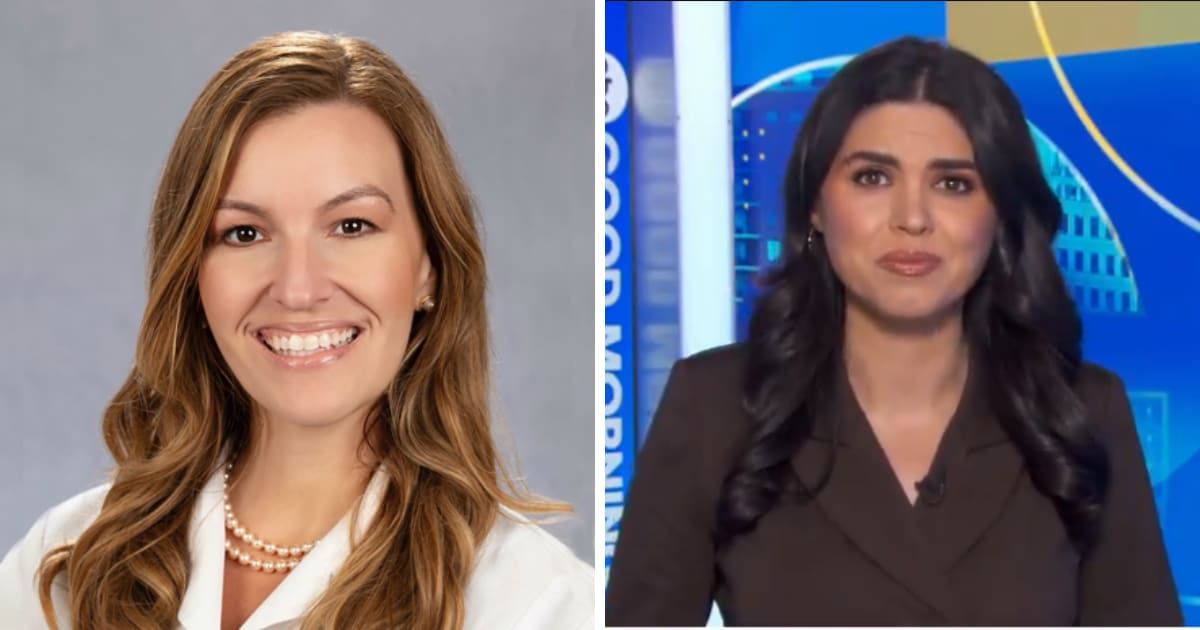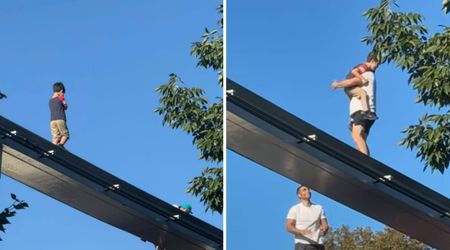'GMA' cover story addresses how Alzheimer's disease disproportionately affects Hispanic community

NEW YORK CITY, NEW YORK: ABC correspondent Melissa Adan Vargas reported on how Alzheimer's disease affected the Hispanic community for the cover story of the December 30 episode of 'Good Morning America'.
Introducing the topic, co-host Stephanie Ramos mentioned that Alzheimer's is "twice as likely" to affect elderly black Americans as "compared to their white counterparts," as data from the Alzheimer's Association suggests a disproportionate impact of the disease on marginalized communities.
Over 6 million Americans are suffering from Alzheimer's
Focusing on Latinos, Vargas' report stated that the disease affects "13% of the Hispanics who are 65 years or older," and that they are "1.5 times more likely to be diagnosed than their white counterparts."
She explained, "The cognitive disorder affects memory, thinking, and behavior.” Vargas further added, “According to doctors, along with age and family history, various health factors can play a part in the disease's development, among them [are] high blood pressure, diabetes, and heart disease."
Hispanic community's tendency to minimize symptoms
Dr Rosie Curiel, Associate Professor and the Chief of Cross-Cultural Neuropsychology at the University of Miami, pointed out to the ‘GMA’ correspondent, "The Hispanic community, as a culture, minimizes the way we address the symptoms of memory loss."
She expanded on her point as she said, "The symptoms are so mild, the person is living their day-to-day life, they're working, they're driving, etc and they are ignoring their symptoms because the culture says, 'It's okay. It's normal, it happens to everyone as we age.'"
This leads to missing early diagnosis and treatment of the disease within the community. According to an estimate, around 3.2 million Hispanics and Latinos are expected to suffer from Alzheimer's by 2060.
How to detect signs of Alzheimer's and dementia?
Doctors suggest that more attention should be paid to the elderly "when they develop symptoms [such as] memory loss - when they stop socializing, have difficulty in conversation and finding the right words."
"When we tend to not necessarily address it with a memory disorder specialist, there is a delay in really addressing the problem," said Dr Curiel.
However, detecting these signs is crucial. According to the report, early detection is the key to battle the disease.
Vargas concluded the report by urging viewers who have concerns for themselves or a loved one to get evaluated. "It may seem scary, but help in dealing with Alzheimer's is out there," she stated.
COVER STORY: Alzheimer's and related dementia impact 13% of Hispanics over 65. Early signs may be overlooked, as the community tends to normalize symptoms like mild memory loss, highlighting the need for increased awareness.@MelissaABCNewshttps://t.co/QgAX7wRgUQ pic.twitter.com/fkK3M0HxTS
— Good Morning America (@GMA) December 30, 2023










